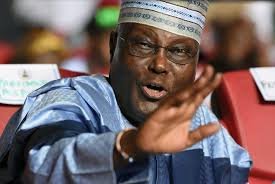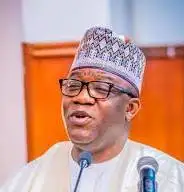Former Vice President Atiku Abubakar has called on the National Assembly to revisit and publicly disclose the National Economic Council’s (NEC) resolutions regarding the controversial Tax Reform Bills currently under legislative consideration.
The bills, originally submitted to the National Assembly by President Bola Tinubu, recently passed their second reading in the Senate, sparking widespread public discourse and debate. Atiku emphasized the critical importance of ensuring the proposed legislation aligns with the broader interests of Nigerians.
In a statement published on his X social media platform, Atiku stressed the need for comprehensive scrutiny of the proposed legislation.
“I call on the NASS to revisit and make public the resolutions of the National Economic Council, a key stakeholder and an important organ of the state with the constitutional power to advise the President concerning the economic affairs of the Federation,” he declared.
The Peoples Democratic Party’s 2023 presidential candidate highlighted the collective national sentiment, noting that Nigerians are unified in their demand for a fiscal system characterized by justice, fairness, and equity.
He specifically cautioned against any legislative approach that might disproportionately benefit certain states while inadvertently penalizing others.
Atiku passionately advocated for transparency and objectivity in the legislative process, particularly during the upcoming public hearings.
“I call for objectivity and transparency in the conduct of the public hearing being organised by our representatives in the National Assembly,” he emphasized, underlining the importance of inclusive stakeholder participation.
The proposed Tax Reform Bills have encountered significant resistance from various quarters, with the National Economic Council unanimously recommending their withdrawal. NEC cited the need for more comprehensive stakeholder alignment and consultation before proceeding with the reforms.
Despite NEC’s recommendations, President Tinubu has remained resolute, insisting that the bills should proceed through the standard legislative process.
The bills originated from a Presidential Committee on Fiscal and Tax Reforms, which was specifically tasked with identifying strategies to enhance national revenue generation.
Senator Ali Ndume emerged as one of the most vocal critics of the proposed legislation. Following the bills’ second reading in the Senate, he questioned the apparent urgency surrounding their passage.
“Why are they in a hurry? That is a big suspicion,” Ndume remarked, echoing calls for more extensive consultations before finalizing the legislation.

























